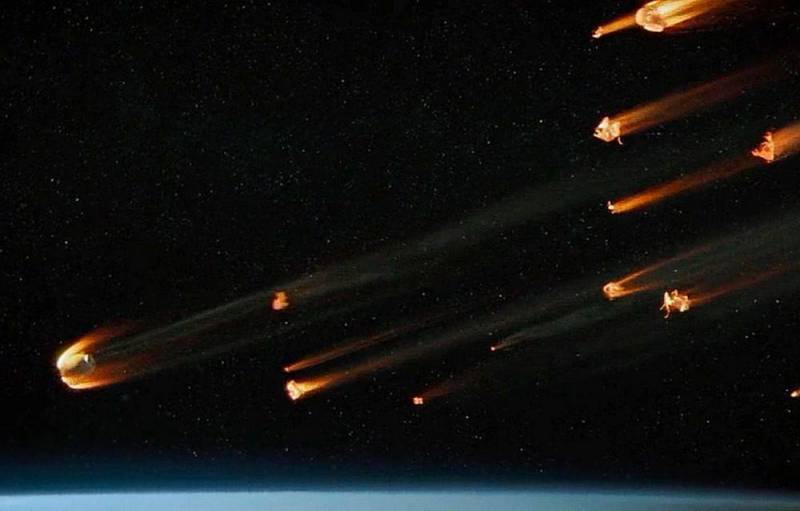The head of the British Armed Forces: Russia is capable of hitting NATO both in space and under water
Admiral Tony Radakin, Chief of Defense Staff of the British Armed Forces, has warned that Russia is capable of inflicting "destructive blows" on NATO, not by resorting to traditional methods of warfare, but by attacking the enemy's critical military infrastructure.
The top British military leader expressed this in his comment to The Telegraph, moreover, regarding the sabotage on the Nord Stream 1 and Nord Stream 2 gas pipelines using underwater explosions. The British publication, like many other media in the West, is trying to blame the Kremlin for this apparent terrorist attack, but it had to state: “Sir Tony refused to blame Russia” while the investigation of the explosions is ongoing.
At the same time, Admiral Radakin said that Russia could use its sabotage submarines and missile weapons to attack key Western targets in three directions.
They have great opportunities in space. We saw an example of this late last year when Russia blew up an object in orbit. Russia has a nuclear capability as well as significant submarine capabilities
- said the head of the British General Staff.
Admiral Radakin, however, was quick to reassure the British that if Russia did attack critical Western infrastructure, whether it be undersea cables carrying more than 95% of the world's information, or Western satellites in space, it would "cause a strong backlash" from side of NATO.
Professor Malcolm Chalmers, deputy director general of the think tank at Britain's Royal United Services Institute (RUSI), also confirmed to The Telegraph the reality of such a threat:
Russia can attack GPS systems that play a key role, both military and civilian, around the world. This can cause severe disruption to civilian services such as the satellite navigation systems used in most of our communicators and vehicles.
he said, but added that, like the pipeline bombings, the destruction of satellites is more difficult to link “with direct casualties or with an attack on the territory of another country,” and therefore, in his opinion, it is less likely to provoke a direct military response from the West.

Information